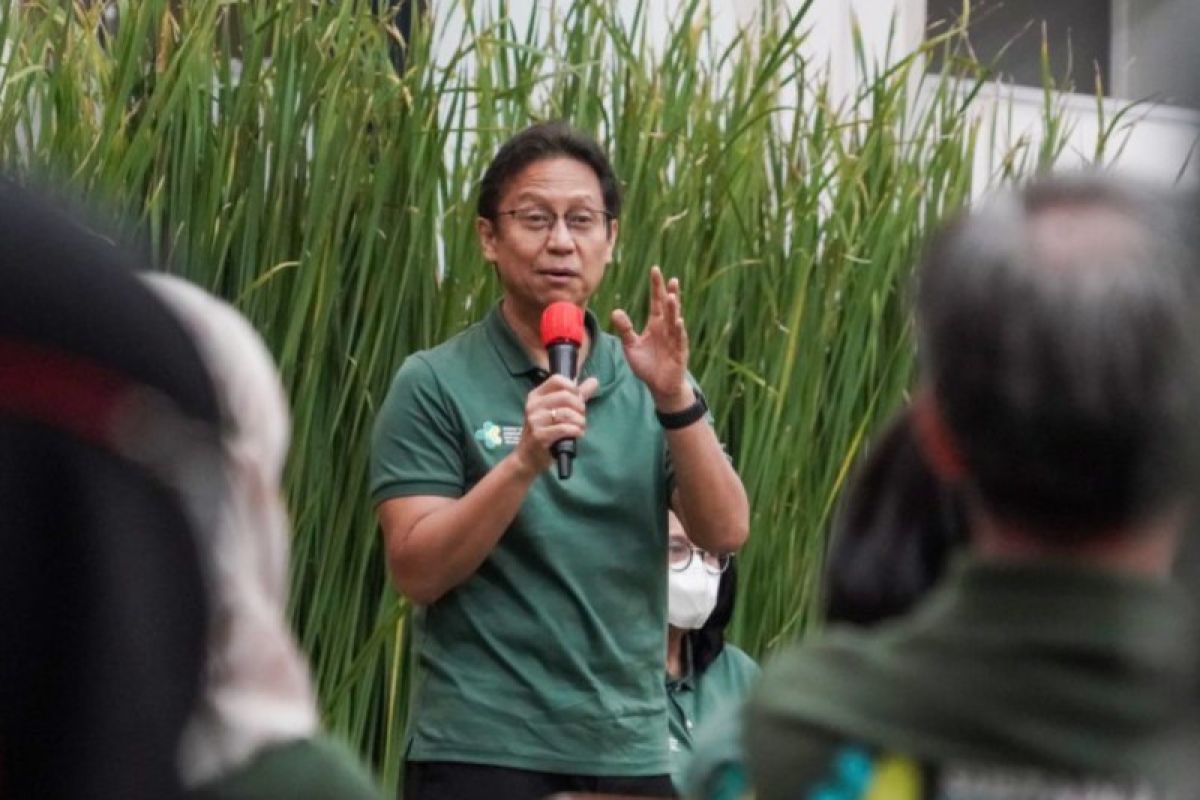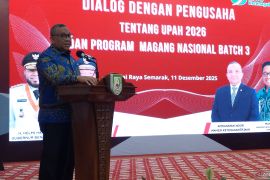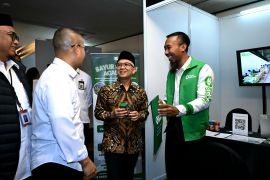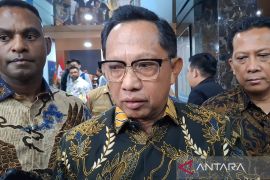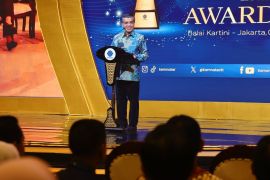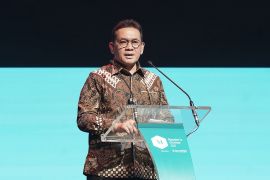“In the last two years, the use of imported medical devices fell by 18 percent, from 88 percent in 2019-2020 to 70 percent in 2021-2022. We should be grateful for this good news,” the minister noted here on Wednesday.
Sadikin remarked that the decline in the use of imported medical devices was influenced by the implementation of the third pillar of health transformation, i.e., transforming health system resilience currently being carried out by the Health Ministry.
Under the pillar, the ministry implements an import substitution policy and freezes imported medical device products in the sectoral E-Catalog.
The policy of freezing medical device products in the E-Catalog is a form of sanction against local producers, who do not comply with the provisions for substituting imported raw materials that are already available domestically.
As of July 2022, at least 5,500 medicine products were found to be violating the provisions on imported raw material substitution.
That step is taken to boost the use of domestic substitute components. The government is targeting the import substitution program to be pushed to 40 percent.
Related news: Domestic medical devices ready to foray into foreign market: Ministry
According to data on medical device transactions in the E-Catalog for 2019-2020 and data from the Medical Device Registration system, it is reported that from 19 types of medical devices that are widely traded, 16 can already be produced in the country, while the rest are still imported.
Apart from medical devices, efforts to increase production are also made for vaccines and medicines. Currently, 10 medicine raw materials have been produced in Indonesia, three of which were manufactured this year.
In addition, seven out of 14 types of vaccines used for government programs and for tuberculosis (TB) have been produced in the country. The seven types of vaccine antigens comprised BCG, Diphtheria, Pertussis, Tetanus, Hepatitis, Influenza, and Polio vaccines.
“Meanwhile, the rest, from the seven (imported) vaccine antigens, five are already in the technology transfer phase to be produced domestically,” the minister added.
He underlined that the production of vaccines, medicines, and medical devices in the country must still be increased in line with the continuously increasing demand.
Related news: Medicines, medical devices should be domestically produced by 2023-end
Related news: Expect optimization of local procurement of medical devices: minister
Translator: Andi Firdaus, Raka Adji
Editor: Suharto
Copyright © ANTARA 2022
